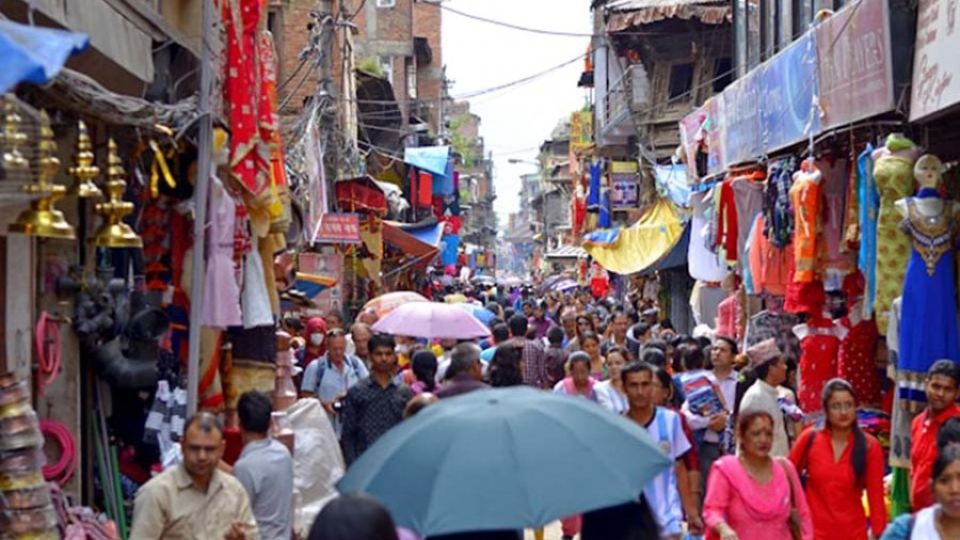February 19, 2025
KATHMANDU – There are stories galore of misuse of foreign aid in Nepal, with big chunks of it spent on overheads and pay and perks of aid officials than in intented areas. There is some truth to this allegation. Another criticism is that at least some of the aid from the West has exacerbated Nepal’s internal divisions, over religion and ethnicity for instance. Whatever the validity of this blame, many people strongly believe it. The topic of foreign aid is again being hotly debated since Donald Trump assumed office as American president for the second time on January 20. He has since suspended a slew of American foreign aid projects and all but dismantled the United States Agency for International Development (USAID). On Sunday, the US government cancelled $39 million in aid set aside for Nepal’s federalism and biodiversity conservation projects: $20 million for fiscal federalism and $19 million for biodiversity conservation, according to the US Department of Government Efficiency (DOGE). Such news of aid suspensions and cancellations have been met with much glee by a section of the society, mostly those who love to bash all those supposedly into ‘dollar farming’.
The reality is more nuanced. Although wastage of foreign aid is a big problem in Nepal, such help has also supported the country in various ways over many decades. For instance, the role of foreign aid, particularly from Western countries and donors, have been vital in eradication of dangerous diseases and in the preservation of our precious forests. Since the 2006 political change, money from Western states has gone into educating the Nepali public on federalism, training first-time lawmakers on how to undertake their duties properly, increasing engagement between the three tiers of the government, and in the promotion of human rights and press freedom. The sectors of health and education have also benefited from such aid. Moreover, Western countries and their agencies have helped Nepal escape the trap of geography. On the other hand, foreign aid has made Nepal excessively reliant on donors, so much so that such donors have at times imposed their agenda in the name of serving Nepalis.
Aid has thus been a mixed blessing for the country. But the new uncertainties around foreign aid should make Nepal rethink its old dependence on external actors. The big problem right now is not that the Nepali government is short of money; it is rather the government’s failure to spend most of the money at its disposal. In this situation, external help has given Nepali politicians and bureaucrats an easy way out. Yet it is a disgrace that Nepal as a state does not do more to promote progressive causes like protection of free speech, recognition of queer rights, and strengthening of the provinces—all of which are vital to Nepal’s success as a democratic state. Nepalis like to complain of the wasteful foreign aid but their own government’s budgets continue to be unspent or spent in the most unproductive ways. The rollback of American aid can be the push that Nepali politicians, planners and policymakers needed to learn to be more self-reliant. On the other hand, if the government does not look to proactively plug the holes left by such rollback, Nepal’s recent progressive changes could face a setback.


